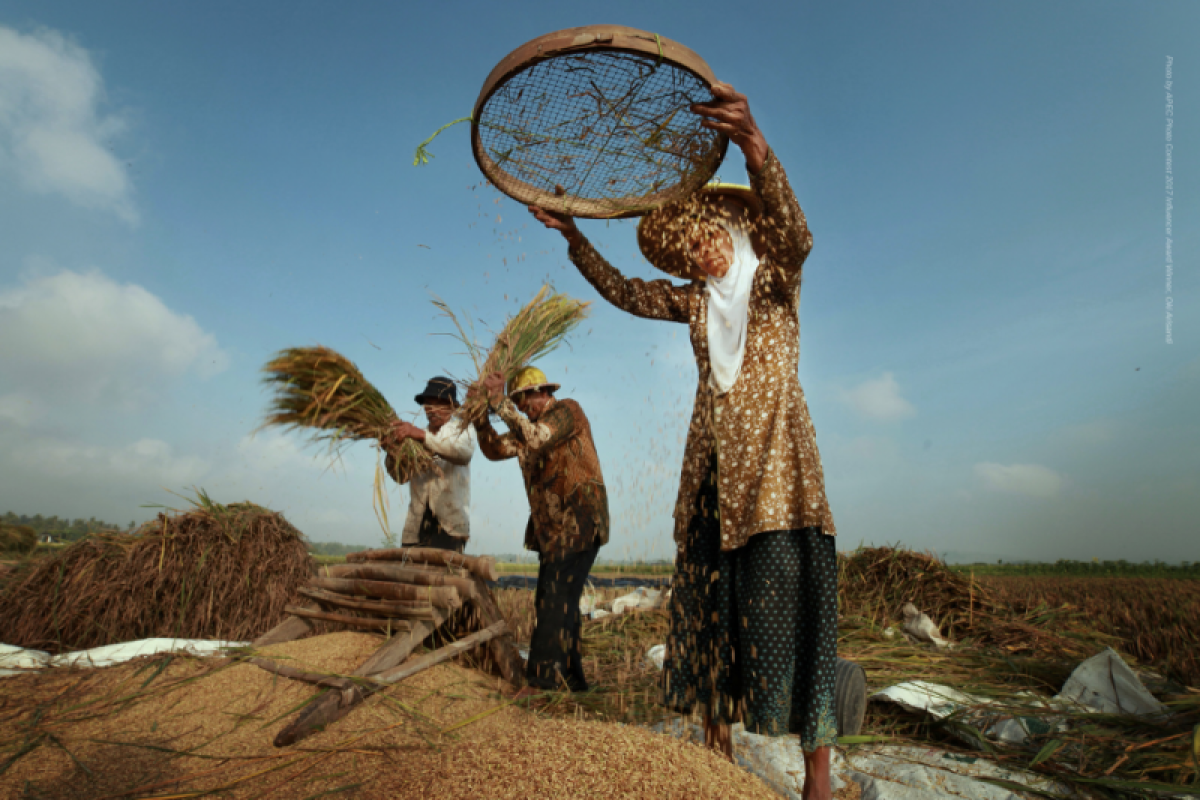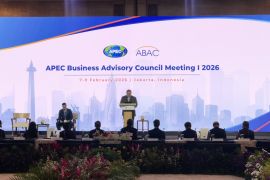"APEC member economies are already facing challenges to achieving food security owing to shifts in consumer demand and the growing population. The pandemic is adding pressure to food security in the region," Chair of the APEC Policy Partnership on Food Security, Haslina Abdul Hamid, noted in a written statement issued by the APEC Secretariat and received here on Tuesday.
"Hence, we must pursue coordinated initiatives to keep food trade open, facilitate connectivity, and expedite customs clearance of food products," she expounded.
The policy brief, Food Security Response Measures to COVID-19, evaluates complicated challenges across the food system, right from production to distribution and market access.
It identifies economic issues tied to food security and presents policy recommendations to bolster regional food security.
The report highlighted that the COVID-19 pandemic had majorly disrupted the production of several food products, especially those that require intensive use of labor, such as meat processing facilities and fruit and vegetable packing plants.
Outbreaks among food production workers and the unavailability of temporary migrant workers can impact the economy’s food production ability.
"Member economies should ensure that reductions in production capacity do not occur in multiple food sectors at the same time that could potentially cause a breakdown in the overall domestic and international food supply chain," Carlos Kuriyama, senior analyst with the APEC Policy Support Unit, expounded.
Most food products are shipped via sea. Although most of the region’s major seaports remain open and shipping lines have continued to operate, the analysis indicated substantial delays in shipping times for sea freight owing to reduced container capacity and strict border measures to thwart transmission of the virus.
In order to address distribution bottlenecks, the report recommends that APEC member economies set out clear guidelines at ports of entry pertaining to the mobility of shipping crew members and other transport workers as well as expedite customs clearance.
Moreover, policymakers are encouraged to accelerate wider applications of digital technology at the border.
Accelerating the adoption of digital tools will also aid in addressing a notable shift in consumer patterns of food products. For instance, several restaurants have been forced to shut down. However, others are offering delivery service to bring food directly to customers through digital platforms.
The report highlights the case of small-scale farmers and fishermen in the region that have adopted a similar approach and turned to e-commerce and mobile money for the foremost instant in order to connect with buyers and suppliers.
The report further suggests APEC economies to view food trade as a vital component of food security and to steer clear of protectionist measures, including export restrictions and policies, which are not based on evidence and scientific risk assessment.
Senior agriculture and food industry officials as well as private sector representatives will convene virtually later this week for further deliberations on strategic measures to tackle the challenges posed by the COVID-19 crisis and to boost resiliency in food systems.
After the meeting, agriculture and food ministers as well as senior representatives will also meet virtually at the Ministerial Policy Dialogue on Food Security on October 27, chaired by Malaysia’s Minister of Agriculture and Food Industries, Ronald Kiandee. Related news: APEC to push women's economic empowerment to strengthen recovery
Related news: APEC finance ministers to advance COVID-19 response, recovery
EDITED BY INE
Reporter: Yuni Arisandy Sinaga
Editor: Suharto
Copyright © ANTARA 2020












